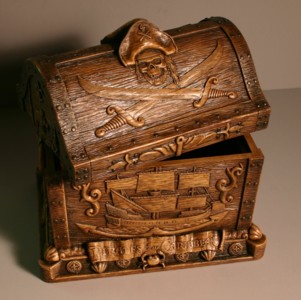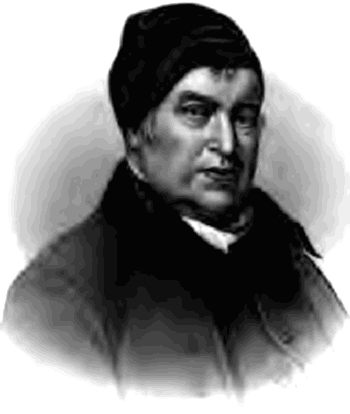One does not cheer everything Tom Wright says but this is good in today's Times
Private Eye ran a cartoon some years ago of St Peter standing in front of Jesus's Cross and saying to the other Disciples: “It's time to put this behind us now and move on.” It was a satire not on Christian belief, but on politicians and counsellors, and their trivialising mantras. It depended on Jesus's death being not just an odd, forgettable event - and that it was His Resurrection, rather than a shoulder- shrugging desire to “move on”, that got the early Christians going.
Easter was the pilot project. What God did for Jesus that explosive morning is what He intends to do for the whole creation. We who live in the interval between Jesus's Resurrection and the final rescue and transformation of the whole world are called to be new-creation people here and now. That is the hidden meaning of the greatest festival Christians have.
This true meaning has remained hidden because the Church has trivialised it and the world has rubbished it. The Church has turned Jesus's Resurrection into a “happy ending” after the dark and messy story of Good Friday, often scaling it down so that “resurrection” becomes a fancy way of saying “He went to Heaven”. Easter then means: “There really is life after death”. The world shrugs its shoulders. We may or may not believe in life after death, but we reach that conclusion independently of Jesus, of odd stories about risen bodies and empty tombs.
But “resurrection” to 1st-century Jews wasn't about “going to Heaven”: it was about the physically dead being physically alive again. Some Jews (not all) believed that God would do this for all people in the end. Nobody, including Jesus's followers, was expecting one person to be bodily raised from the dead in the middle of history. The stories of the Resurrection are certainly not “wish-fulfilments” or the result of what dodgy social science calls “cognitive dissonance”. First-century Jews who followed would-be messiahs knew that if your leader got killed by the authorities, it meant you had backed the wrong man. You then had a choice: give up the revolution or get yourself a new leader. Going around saying that he'd been raised from the dead wasn't an option.
Unless he had been. Jesus of Nazareth was certainly dead by the Friday evening; Roman soldiers were professional killers and wouldn't have allowed a not-quite-dead rebel leader to stay that way for long. When the first Christians told the story of what happened next, they were not saying: “I think he's still with us in a spiritual sense” or “I think he's gone to heaven”. All these have been suggested by people who have lost their historical and theological nerve.
The historian must explain why Christianity got going in the first place, why it hailed Jesus as Messiah despite His execution (He hadn't defeated the pagans, or rebuilt the Temple, or brought justice and peace to the world, all of which a Messiah should have done), and why the early Christian movement took the shape that it did. The only explanation that will fit the evidence is the one the early Christians insisted upon - He really had been raised from the dead. His body was not just reanimated. It was transformed, so that it was no longer subject to sickness and death.
Let's be clear: the stories are not about someone coming back into the present mode of life. They are about someone going on into a new sort of existence, still emphatically bodily, if anything, more so. When St Paul speaks of a “spiritual” resurrection body, he doesn't mean “non-material”, like a ghost. “Spiritual” is the sort of Greek word that tells you,not what something is made of, but what is animating it. The risen Jesus had a physical body animated by God's life-giving Spirit. Yes, says St Paul, that same Spirit is at work in us, and will have the same effect - and in the whole world.
More here




























